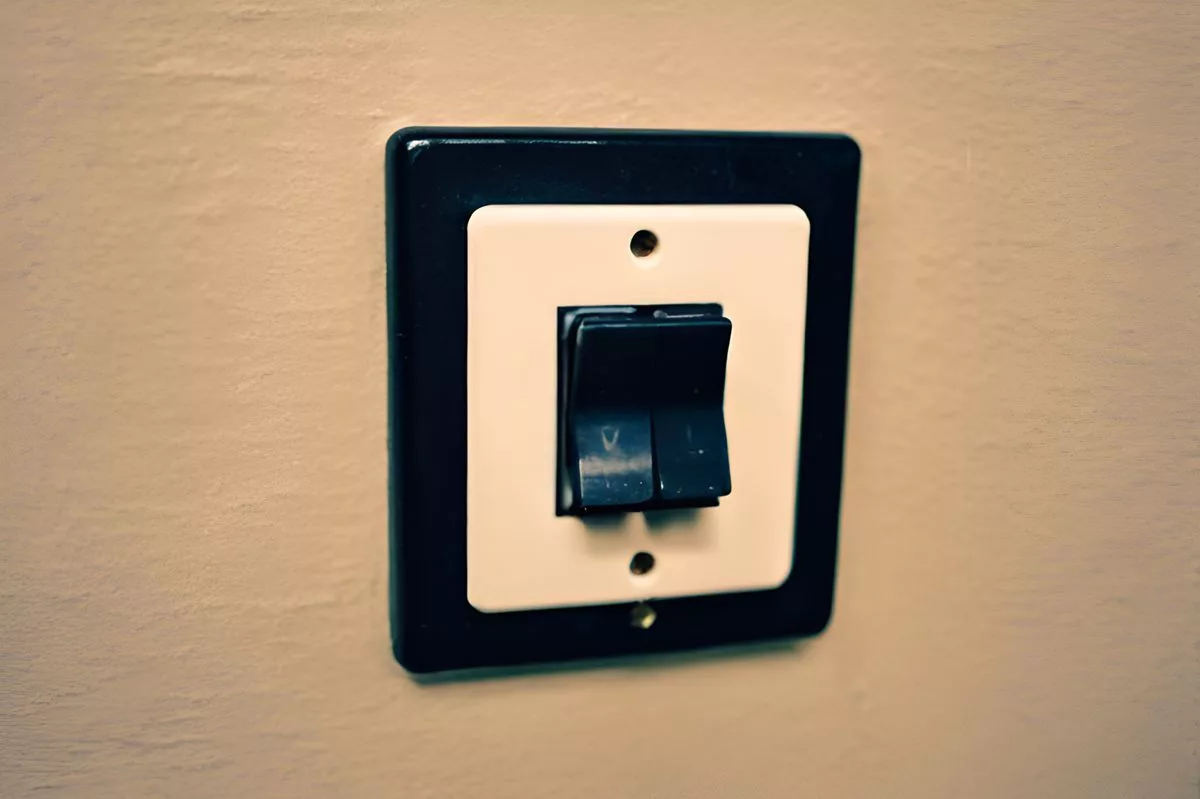South Africa’s electricity problem has become a national crisis, with almost 10 million qualifying for free basic electricity but only 2 million receiving it due to inefficient local governance. The government’s countermeasure provides free basic service, but the qualification process is intricate, and poor implementation at the municipal level obstructs its efficacy. The government needs to develop a more trustworthy method to guarantee households benefit from free electricity, with revising the country’s electricity pricing policy and ensuring efficient governance at the municipal level being crucial initial steps towards a resolution.
What is the electricity dilemma in South Africa?
The electricity problem in South Africa has become a pressing national matter with almost 10 million homes qualified for complimentary basic electricity but only 2 million homes actually receiving it. The government’s countermeasure provides free basic service, but the qualification process is intricate, and poor implementation at the municipal level obstructs its efficiency. The government needs to develop a more trustworthy method to guarantee households benefit from free electricity. Efficient governance at the municipal level and revising the country’s electricity pricing policy will be crucial initial steps towards a resolution.
National Crisis
The escalating electricity problem in South Africa has morphed into a pressing national matter. Almost 10 million homes, which qualify for complimentary basic electricity, are ensnared in the crisis. Regrettably, only about two million homes are actually receiving this privilege due to inefficient local governance. This situation brings to light fundamental questions about the role of local authorities and the efficacy of the Energy Action Plan (EAP).
Government Response
The country’s Electricity Minister, Kgosientsho Ramokgopa, has not shied away from expressing his disapproval of municipal mismanagement. He views it as the main barrier preventing millions of households from benefiting from free basic electricity. This is not the first time Ramokgopa has voiced his concerns regarding ineffective governance and the mounting problems in the country’s electricity sector.
Ramokgopa is of the opinion that the national electricity pricing policy plays a substantial role in fuelling the crisis and calls for its immediate revision. The urgency of this requirement is highlighted by the swiftly escalating energy expenses South African families are dealing with. Over the previous ten years, electricity charges have skyrocketed beyond the general inflation rate, with an impressive five-fold hike observed since 2008.
Government’s Countermeasure
In response to this crisis, the government initiated a program designed to assist low-income households in South Africa. The program provides free basic service, including electricity, to ease the financial burden on these families. Under this initiative, deprived households can receive 50 kWh of complimentary electricity per month. This is intended to cover their basic needs like illuminating their homes, heating water, ironing, and powering a small black-and-white TV and radio.
However, the qualification process for this free electricity is intricate. Households need to be registered as destitute, must be on the lifeline electricity tariff, or must be eligible for a pensioner’s discount on service charges. Regrettably, households with any outstanding municipal accounts are automatically disqualified.
The Root of the Problem
The situation is made even more complex by the fact that numerous households, despite fulfilling the eligibility criteria, do not receive this benefit. Ramokgopa points to the main problem as the poor implementation at the municipal level, where mismanagement of funds is a common occurrence. He emphasizes that the problem is not related to the funds but rather the lack of a dependable system to effectively distribute the advantage to eligible households.
In certain cases, a system is in operation, but poor management obstructs its efficiency. Ramokgopa insists that the government needs to develop a more trustworthy method to guarantee households benefit from free electricity. He goes on to criticize the municipalities for their misuse of funds, saying, “Municipalities receive these grants, but they misuse the money, redirecting it to other municipal expenses.”
As Ramokgopa acknowledges, the problem is not simply misallocated funds, but a systemic issue with extensive implications. The government’s test lies in addressing not only the tangible aspects of this crisis, like the escalating costs and misused funds but also the more elusive elements like inefficient governance and policy deficiencies.
The Way Forward
As South Africa’s electricity crisis intensifies, revising the country’s electricity pricing policy and ensuring efficient governance at the municipal level will be crucial initial steps towards a resolution. This will not only aid millions of households in accessing the free basic electricity they are entitled to, but also enhance the overall condition of the energy sector in South Africa. Only then can the crisis be mitigated and the country progress towards a sustainable and equitable energy future.
What is the government’s program to assist low-income households in South Africa?
The government’s program provides free basic service, including electricity, to low-income households in South Africa. Under this initiative, deprived households can receive 50 kWh of complimentary electricity per month. This is intended to cover their basic needs like illuminating their homes, heating water, ironing, and powering a small black-and-white TV and radio. However, the qualification process for this free electricity is intricate and requires households to be registered as destitute, must be on the lifeline electricity tariff, or must be eligible for a pensioner’s discount on service charges.
What is the role of local governance in the electricity crisis in South Africa?
Inefficient local governance is a major barrier preventing millions of households from benefiting from free basic electricity in South Africa. Municipal mismanagement is the main reason for this problem. The government needs to develop a more trustworthy method to guarantee households benefit from free electricity.
What is the country’s electricity pricing policy, and how does it impact the crisis?
The national electricity pricing policy plays a substantial role in fueling the crisis in South Africa. The government’s Electricity Minister, Kgosientsho Ramokgopa, calls for its immediate revision. The urgency of this requirement is highlighted by the swiftly escalating energy expenses South African families are dealing with. Over the previous ten years, electricity charges have skyrocketed beyond the general inflation rate, with an impressive five-fold hike observed since 2008.
How does the government plan to resolve the electricity crisis in South Africa?
Revising the country’s electricity pricing policy and ensuring efficient governance at the municipal level will be crucial initial steps towards a resolution in South Africa. The government needs to develop a more trustworthy method to guarantee households benefit from free electricity. This will not only aid millions of households in accessing the free basic electricity they are entitled to but also enhance the overall condition of the energy sector in South Africa.
Why do some households not receive the benefit of free basic electricity?
Numerous households, despite fulfilling the eligibility criteria, do not receive the benefit of free basic electricity in South Africa. The main reason for this is poor implementation at the municipal level, where mismanagement of funds is a common occurrence. The government needs to develop a more dependable system to effectively distribute the advantage to eligible households.
What is Energy Action Plan (EAP), and how does it relate to the electricity crisis in South Africa?
The Energy Action Plan (EAP) is a policy document that outlines the energy policy priorities and strategies of South Africa. In light of the escalating electricity crisis in the country, efficient implementation of the EAP is crucial. EAP implementation can help to address the more elusive elements like inefficient governance and policy deficiencies in the energy sector in South Africa.












